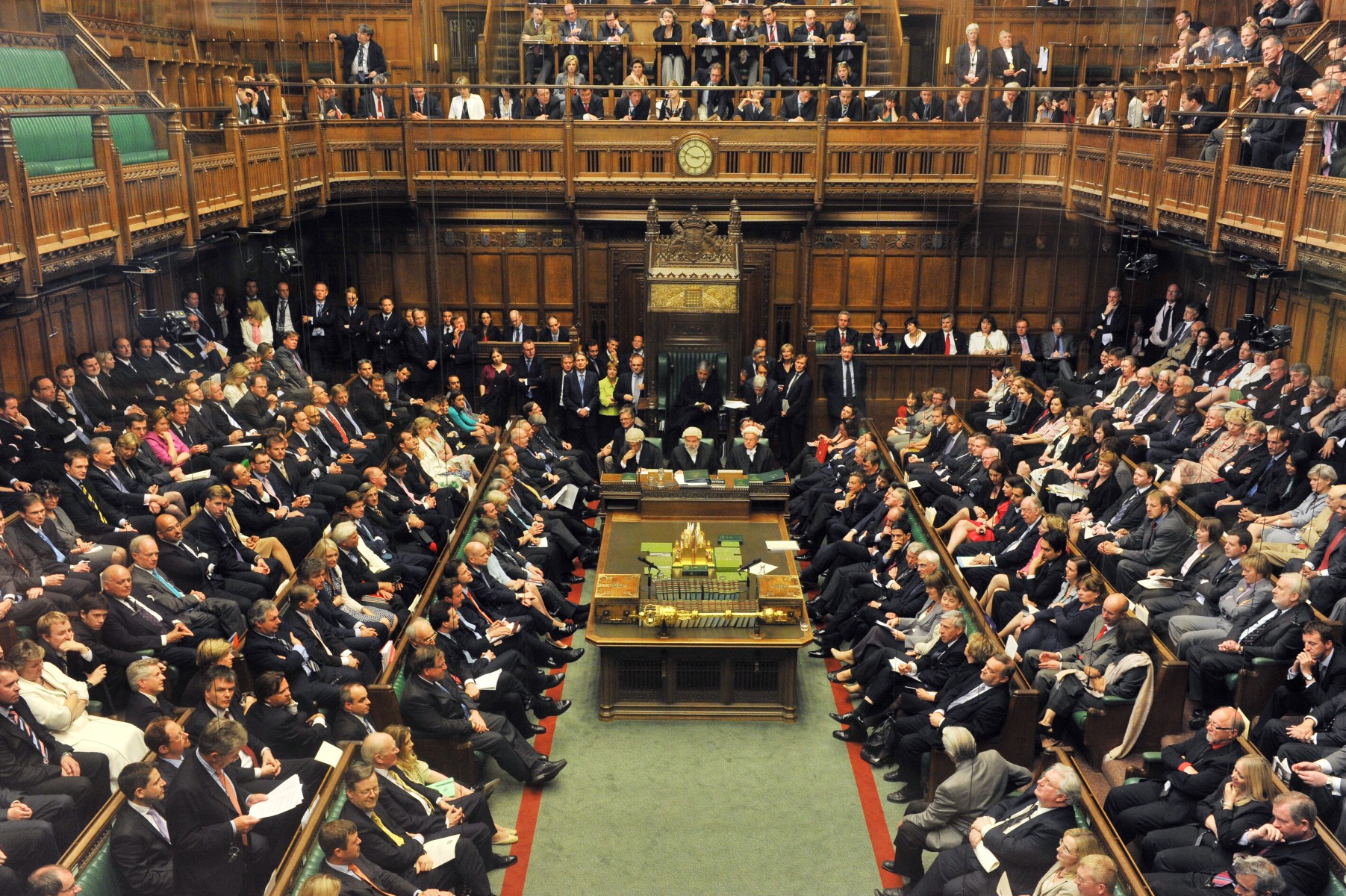Local elections forecast 92% chance of 2020 Tory victory

A forecasting model developed by a political scientist from The University of Manchester and British Election Study using data from Thursday’s local election results forecasts a likely victory for the Conservative Party in the 2020 General Election.
The forecast predicts that at the next general election the Conservatives would win 37% of the vote, Labour 30%, and the Liberal Democrats and UKIP tying on 11%. The predicted probability of Conservatives being the largest party is 92%.
It comes as politicians and journalists vie with each other to make sense of Thursday’s election results.
The model, developed Dr Chris Prosser, correctly predicted a Conservative victory in 2015.
Based on the results of the 2013 and 2014 local elections, the model predicted a 78% probability of the Conservatives receiving the largest share of the vote in 2015.
Dr Prosser argues the results are probably the most accurate way we have to forecast the 2020 election at present.
“Many politicians and political commentators use local elections as barometers of political opinion between general elections, he said.
“Success or failure in terms of overall results are frequently taken to be a ‘triumph’ or a ‘disaster’ for national level political parties and their leaders.
“Though local elections are influenced by local issues, the evidence does indeed suggest they at least partly mirror national politics; this method quantifies that.
“So although we can’t say that the 2020 General Election result will reflect these numbers, we can say it’s probably the best thing we’ve got to go by at present.”
Though local elections are influenced by local issues, the evidence does indeed suggest they at least partly mirror national politics; this method quantifies that. So although we can’t say that the 2020 General Election result will reflect these numbers, we can say it’s probably the best thing we’ve got to go by at present
The method forecast future general election outcomes by accounting for predictable variation between local and general elections.
It combines general election with local election vote shares, partisan differences and incumbency effects.
The results which saw the SNP claim a third win in Scottish Parliament, and the Conservatives replacing Labour as the main opposition party in the Scottish Parliament.
Labour retained key councils in England and is likely to be largest party in Welsh Assembly; UKIP gained council seats and won its first Welsh Assembly seats.
Labour's Sadiq Khan is currently ahead on first preference votes in London mayoral election with full results expected later on Friday.
Notes for editors:
The British Election Study is one of the longest running election studies world-wide and the longest running social science survey in the UK. It is managed by a consortium of The University of Manchester, The University of Oxford and The University of Nottingham.
Visit http://www.britishelectionstudy.com/ and follow us on Twitter @BESResearch
A blog by Dr Prosser is available on the BES website
Dr Prosser is available for interview


